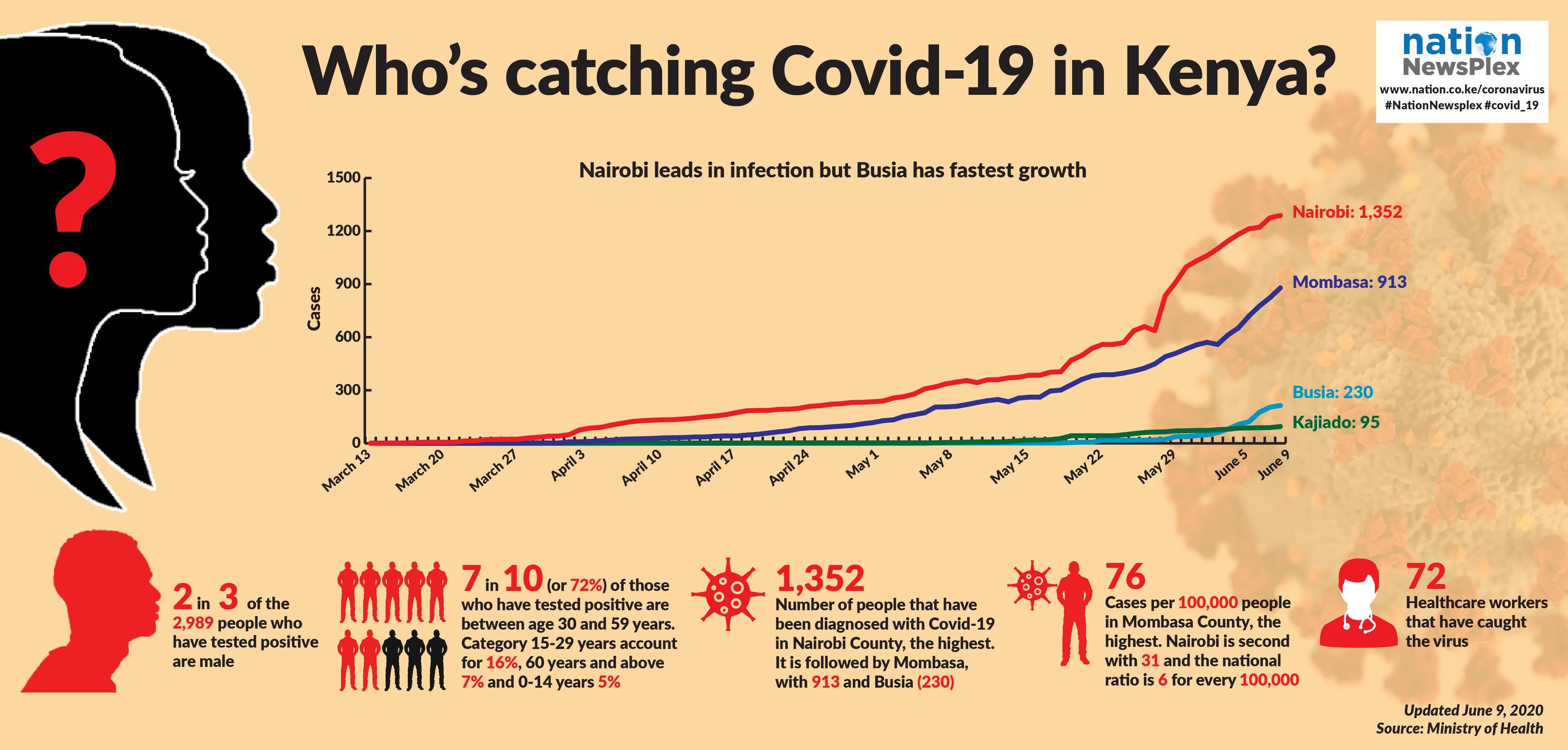Why boys drop out of school after traditional initiation fetes

Boys dance ahead of their initiation. In the background is Kiminini MP Chris Wamalwa. FILE PHOTO |
What you need to know:
- They regard women as children and feel they are too old for class.
- Girls were likely to stay longer in school because they were ineligible to inherit property.
Teachings imparted during traditional initiation ceremonies may lead to reduced aspirations for education and to disrespect for women in boys, leading them to drop out of school.
Findings from three studies conducted in Nandi North, Igembe North and Keiyo South in 2012 and 2013 indicate that many of these boys are unable to deal with girls outperforming them in class.
"After circumcision, when they go back to school, they regard women as children."
The main recommendations of the studies include sensitisation on the need to modernise traditions, enforcement of child labour laws and the performance of initiation ceremonies immediately after completion of primary school.
Dr John Chang’ach, a lecturer in education at Moi University who studied high school dropouts among Keiyo boys in Elgeyo-Marakwet County, says the boys are taught to regard themselves as superior to women during traditional initiation, which poses a challenge when the boys return to school, usually in Form Three.
“After circumcision, when they go back to school, they regard women as children, and when girls defeat them in class, especially in mixed schools, they are unable to deal with that and so they drop out,” he said.
Dr Chang’ach says that the traditional teachers are influential.
Even local elites who take their children to hospital for the rite after they finish Standard Eight later allow them to receive traditional teachings together with their peers, even if these teachers are not well educated.
“One phrase often uttered by traditional teachers during initiation is ‘step where the teacher steps’, yet many of these teachers are Form Four dropouts,” he said.
ONLY WAY OUT
The Keiyo study mirrors two wider studies of primary school children in Igembe North and Nandi North, which also found initiation played a strong role in children dropping out of school.
In the Igembe North study, co-authored by Dr George Muthaa, 77 per cent of head teachers, 83 per cent of guidance and counselling teachers and 58 per cent of students answered in the affirmative when asked if culture and tradition influenced the dropout rate among boys.
Girls were likely to stay longer in school because they were ineligible to inherit property and likely saw education as their only way out of poverty, the study said.
In Nandi North, headteachers who were surveyed cited peer influence, tradition, poor parental care, a feeling that they were too old for class and the need to look for work as the most frequent reasons why boys dropped out.
For Dr Changach, circumcision must change to reflect modern times.





